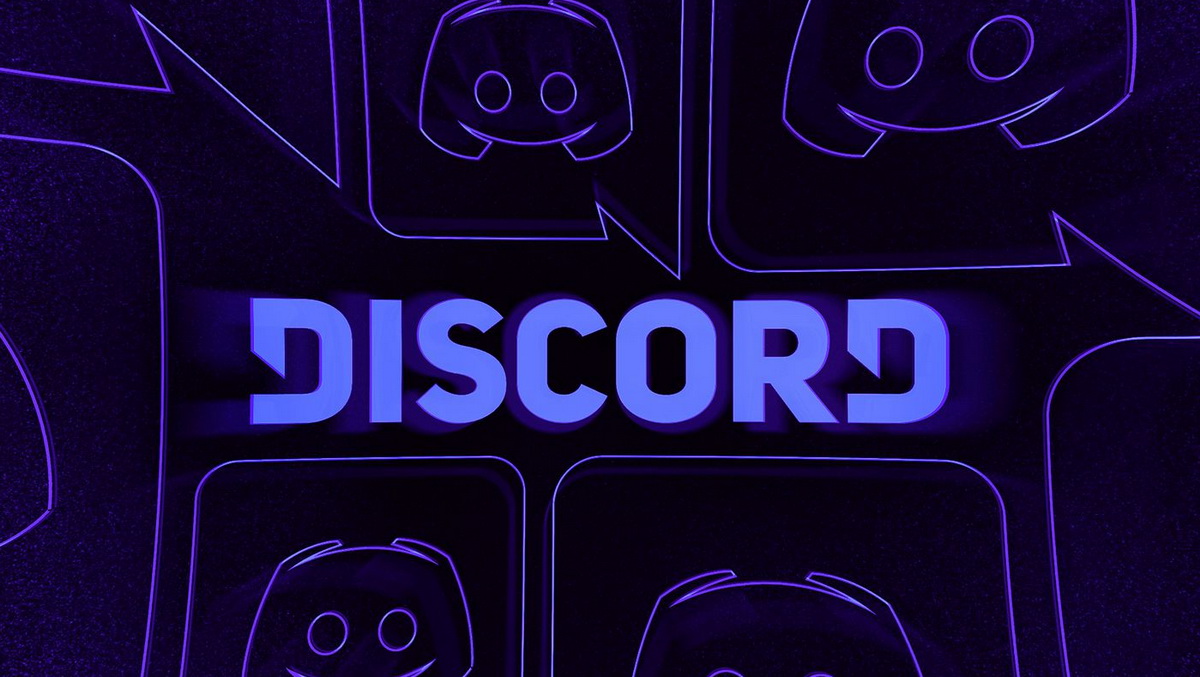The recent leak of Discord documents has shed light on the inner workings of a closed chat group that many believed to be impenetrable. The leaked documents reveal conversations between group members discussing a wide range of topics, from gaming strategies to personal anecdotes to controversial political views. It is unclear how the documents were able to escape the confines of the private chat group, but speculation is rampant among members and outsiders alike.
Some believe that a disgruntled member may have leaked the documents in an act of revenge, while others suspect that a security breach may have allowed an outsider access to the group’s conversations. Regardless of how the leak occurred, the fallout has been significant, with group members scrambling to contain the damage and salvage their reputations.
The leaked documents have sparked heated debates online, with some defending the group’s right to privacy while others condemn the content of the conversations. It remains to be seen what the long-term implications of the leak will be, but one thing is clear: the once-secretive chat group is now under intense scrutiny, and its members are left grappling with the consequences of their private conversations being made public.

Unveiling the Leak: How Documents Made Their Way Out
The unveiling of leaked documents is a complex process that involves a variety of factors. The journey of these documents making their way out into the public eye can be traced back to individuals who may have had access to sensitive information and chose to share it. These individuals may have had various motivations for leaking the documents, such as a desire to expose corruption, wrongdoing, or simply to bring attention to important issues.
In some cases, the leak may have been facilitated by technology, such as the use of encrypted messaging apps or secure file sharing platforms. Once the documents are leaked, they may be disseminated through various channels, such as media organizations or online platforms, allowing the information to reach a wider audience. The release of leaked documents can have far-reaching consequences, sparking public debate, legal action, or even changes in government policy. Overall, the process of how these documents make their way out can be a complex and multifaceted one, involving a combination of individual actions, technological tools, and media dissemination.
The Role of Discord in the Leak
Discord played a significant role in facilitating the leak of sensitive information. The platform provided a convenient and anonymous space for individuals to communicate and share confidential data without fear of detection. This allowed for the easy dissemination of leaked information to a wide audience, amplifying its reach and impact.
Additionally, Discord’s features, such as private messaging and encrypted communication, enabled leakers to coordinate their efforts and strategize their actions without interference. The platform also served as a hub for like-minded individuals to come together and collaborate on leaking activities, creating a sense of community and camaraderie among those involved in the illicit activity.
Furthermore, Discord’s user-friendly interface and accessibility made it a popular choice for individuals looking to leak information quickly and efficiently. Overall, Discord played a crucial role in the leak by providing a platform for communication, coordination, and collaboration among those seeking to expose sensitive information.

Steps Taken After the Leak
After a leak occurs, there are several steps that can be taken to address the situation and minimize any potential damage. The first step is to identify the source of the leak and determine the extent of the damage. This may involve shutting off the water supply or blocking access to the leaked information. Once the source of the leak has been identified, steps can be taken to contain and clean up any spilled materials.
This may involve using absorbent materials to soak up liquids or setting up barriers to prevent further spread. In some cases, it may be necessary to evacuate the area to protect individuals from exposure to harmful substances. After the leak has been contained and cleaned up, efforts can be made to prevent future leaks from occurring. This may involve implementing stricter security measures, such as installing surveillance cameras or restricting access to sensitive information.
Additionally, steps can be taken to improve communication within the organization to ensure that all employees are aware of the proper procedures to follow in the event of a leak. By taking these steps, organizations can better protect themselves from the potential consequences of a leak and mitigate any negative impact on their reputation and bottom line.

Expert Opinions on Online Security
Online security is a critical issue in today’s digital age, and experts have varying opinions on how best to protect sensitive information and data from cyber threats. Some experts believe that implementing multi-factor authentication is essential for enhancing security measures, as it adds an additional layer of protection beyond just passwords. Others argue that regularly updating software and operating systems is crucial in preventing vulnerabilities that hackers can exploit.
Additionally, many experts recommend using virtual private networks (VPNs) to encrypt internet traffic and mask IP addresses, making it harder for cybercriminals to track online activity. However, some experts caution that relying too heavily on technology can create a false sense of security, and emphasize the importance of educating users on safe online practices, such as avoiding suspicious links and emails.
Ultimately, the consensus among experts is that a combination of technical solutions and user awareness is key to safeguarding against online threats. By staying informed and implementing best practices, individuals and organizations can better protect themselves in an increasingly interconnected world.
